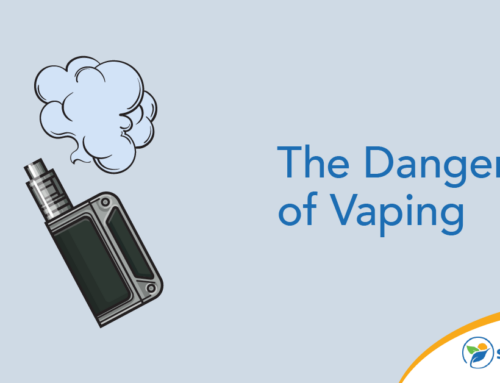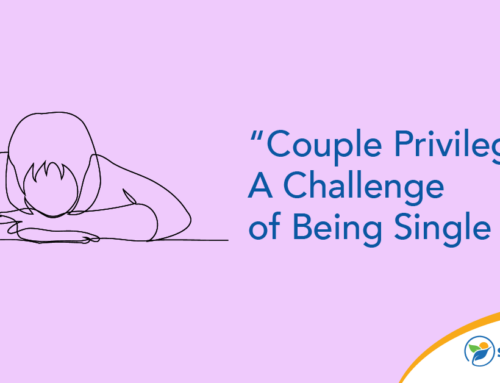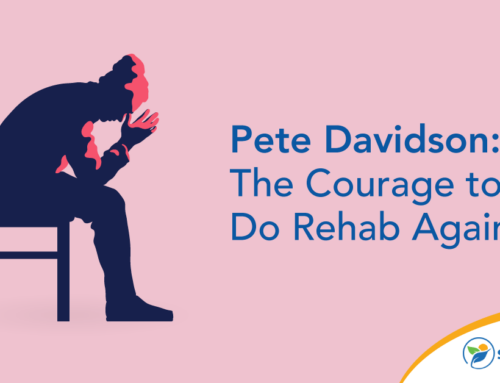Over the past few years, social media has been flooded with influencers and self-help gurus promoting the so-called dopamine detox or fast. The process involves abstaining from pleasurable behaviors, such as checking social media or playing video games, to “reset” the brain’s dopamine levels. Proponents of this wellness trend claim dopamine detox benefits include an increase in focus, productivity and mental well-being.
However, like with many other viral trends, the science has been misrepresented to the point where social media influencers promote staring at a clock for 24 hours to “rewire” your brain. This article explores the concept of a dopamine detox, how it started and whether you should try it out for yourself.
The “Dopamine Detox” and Its Rise in Popularity
The idea of a dopamine fast was coined by psychiatrist Dr. Cameron Sepah as a cognitive behavioral therapy technique to help with time management and reduce compulsive behaviors. Sepah recommends placing time limits on or withdrawing from addictive activities, such as excessive internet browsing, shopping, thrill-seeking and emotional eating, to reduce reliance on so-called “dopamine hits.
A dopamine detox is meant to reset your brain’s reward system by temporarily abstaining from highly stimulating activities. Proponents argue that constant exposure to rewarding stimuli leads to reduced motivation and an inability to find pleasure in day-to-day activities, such as reading, exercise or meditation.
While Sepah acknowledged the term is an oversimplification of complex neurological processes, the idea that withdrawing from impulsive actions improves focus and motivation gained a lot of popularity in online self-help circles.
How to Do a Dopamine Fast
Dopamine detox enthusiasts recommend several approaches to reducing impulsive and problematic behaviors. Most of these suggestions are based on anecdotal experiences and can be adapted to your personal preferences:
- Identify problematic behaviors. Make a list of activities you’d like to temporarily reduce. This could include using social media, playing video games, binge-watching television or eating junk food.
- Set a timeframe. A dopamine detox can last for an hour per day, a weekend or even several weeks, depending on your goals.
- Engage in low-stimulation activities. Fill your detox period with personal growth activities, such as reading, journaling, meditation, exercise or spending time in nature.
- Create a schedule. Plan your day with a structured schedule that includes a balance of activities. This can help you stay on track and avoid succumbing to impulsive behaviors.
What Are the Supposed Dopamine Detox Benefits?
These are some of the reported benefits of removing dopamine triggers:
- It increases productivity. Reducing distractions and instant gratification stimuli may lead to improved focus and productivity at work.
- Higher motivation. Taking a break from constant sources of instant pleasure may increase motivation to pursue long-term goals.
- Increase well-being. Some proponents claim a dopamine detox can lead to a more stable mood and reduced feelings of anxiety or stress.
- Improves sleep. Reduced exposure to stimulating activities, especially close to bedtime, may contribute to better sleep quality. Improved sleep, in turn, can positively impact overall well-being.
- Breaking addictive patterns. A dopamine detox is meant to control compulsive behaviors associated with certain activities, promoting healthier engagement with food, social media or other sources of instant gratification.
- Improved creativity. Some proponents suggest that a break from constant stimulation can foster a more creative mindset, allowing you to come up with innovative ideas.
- Better digestion. Some detox enthusiasts claim that reducing dopamine levels can improve your metabolism and promote weight loss.
While there’s very little scientific evidence to back many of these dopamine detox benefits, studies suggest taking breaks from social media platforms can improve well-being, reduce depression and allow you to engage in healthier pastimes.
How Dopamine Affects Your Brain
Over the past few decades, dopamine gained a reputation as the “feel good” neurotransmitter responsible for addiction. However, dopamine’s role in brain function is more complex. It’s a naturally occurring neurotransmitter that plays an essential part in several physiological and psychological functions. It’s associated with the brain’s reward system, motivation and movement.
Dopamine serves as a key player in the reward pathway. The brain releases dopamine when you engage in activities essential for survival or experiences that bring pleasure, such as eating, socializing or achieving goals. This release can reinforce the behavior and promote motivation.
Dopamine is crucial in regulating mood and emotional responses. Imbalances in dopamine levels are associated with some mental health conditions, including depression, schizophrenia and addiction. A lower capacity to produce dopamine can make you prone to developing problematic behaviors and addiction. A significant reduction in dopamine production can lead to motor control issues and conditions such as Parkinson’s disease.
Are Dopamine Detox Methods Effective?
The effectiveness of dopamine detox methods is debatable. Proponents argue that taking a break from highly stimulating activities can help reset the brain’s reward system, increase focus and promote healthier habits. They often report subjective improvements in productivity, motivation and overall well-being.
The term dopamine detox can be misleading, as it oversimplifies the role of dopamine in the brain and the factors influencing our behavior and well-being. Dopamine is just one of many neurotransmitters involved in complex neural processes. Detoxifying from dopamine is impossible, as the neurotransmitter isn’t a toxin in the first place.
However, taking a break from unhealthy activities and trying to lead a more mindful lifestyle may have positive outcomes. While there’s no evidence to support claims about resetting dopamine levels, spending less time scrolling through social media can help you focus on more important tasks. Mindful practices, such as spending more time in nature, exercising more and reading, are positive for your well-being.
Extreme or rigid approaches to dopamine detox, such as complete abstinence from certain activities, may not be sustainable or realistic for everyone. Moderation and balance are essential components of a healthy lifestyle.
If you’re struggling with unhealthy behaviors or thinking you might need a dopamine detox, our dedicated team at Sunlight Recovery is here to take your call. We can guide and help you navigate your mental health challenges. Don’t hesitate to get in touch today; we’re here to talk 24-7.







